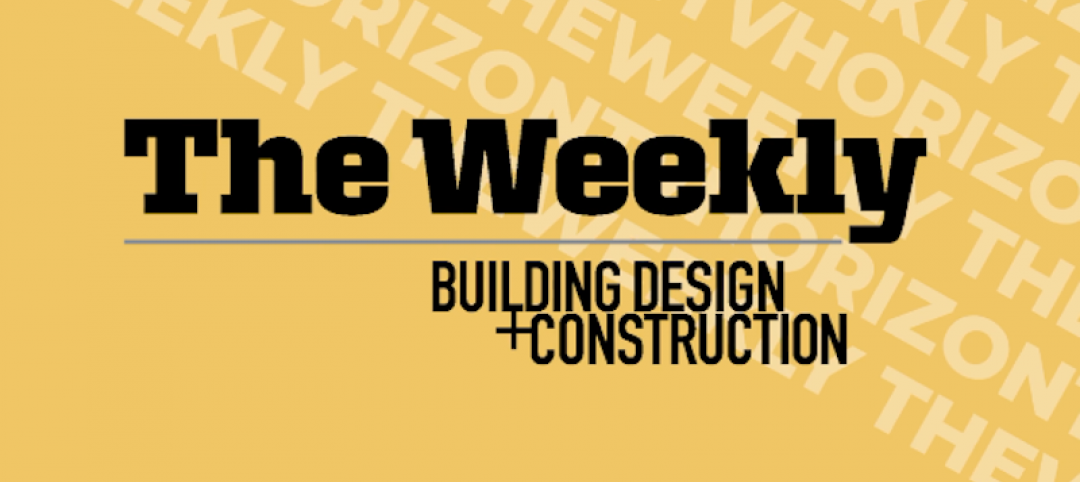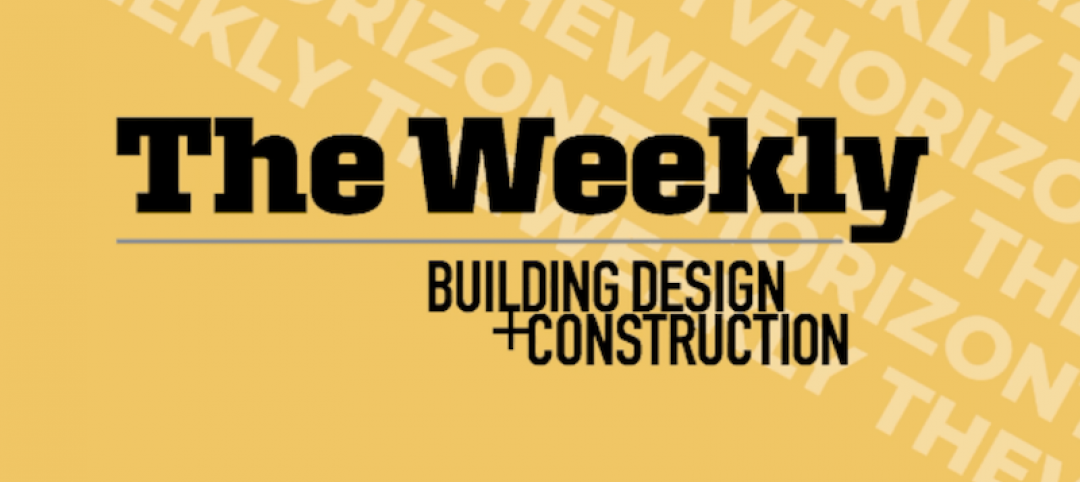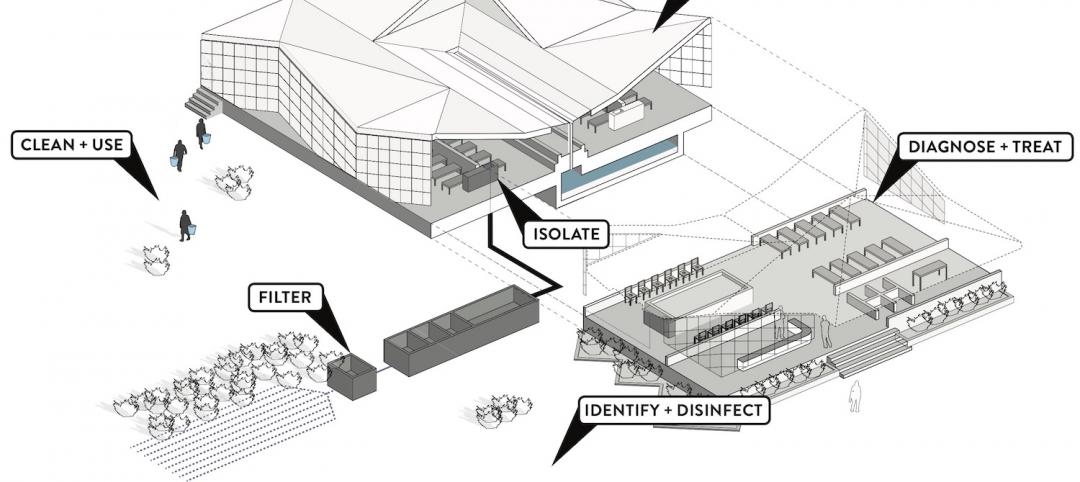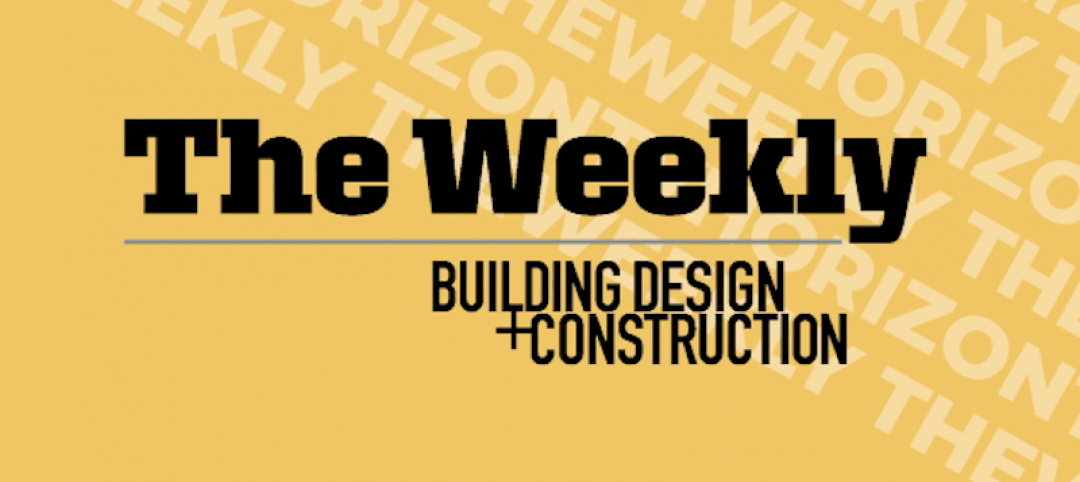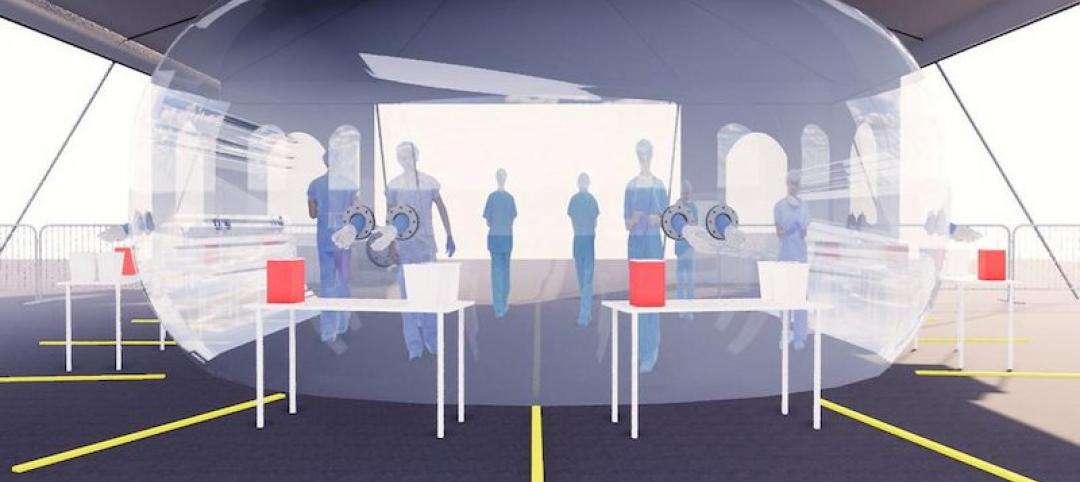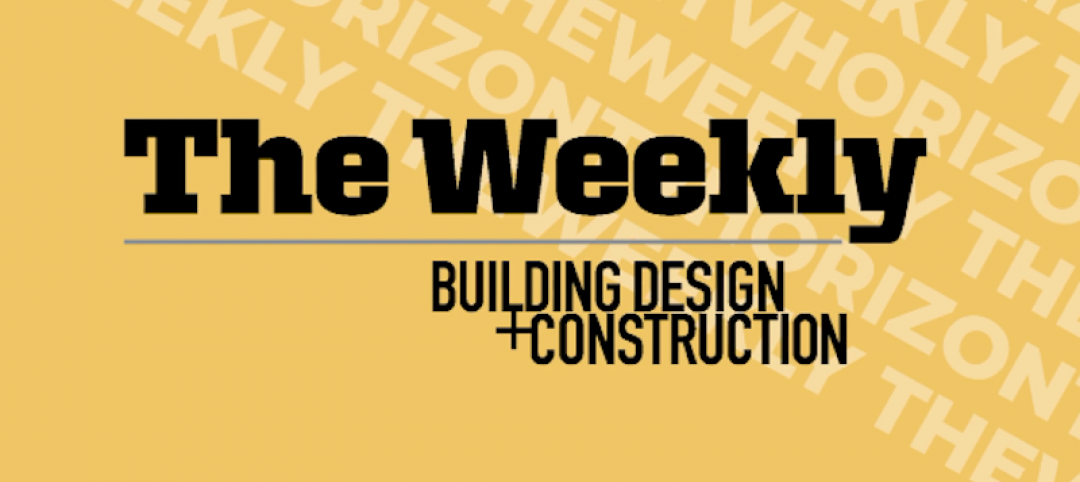“Force Majeure” – While most construction contracts contain these provisions, they are often not understood in relation to the implications they may have on construction projects. With the onset of the COVID-19 pandemic, we are all taking a closer look at many portions of our contracts. The following is a brief primer on how to understand your construction contract and its potential implications on your business in this season of change.
What is a Force Majeure?
Construction contracts usually take into consideration that the parties want to agree at the outset on who bears the risk of unforeseen incidents that may affect the project’s progression. These issues are generally handled in a “force majeure” clause. Force majeure, according to Mariam Webster’s Dictionary is a “superior or irresistible force; or an event or effect that cannot be reasonably anticipated or controlled.” To be deemed a force majeure, generally the circumstances must be outside of a party’s control which makes performance impossible, inadvisable, commercially impractical, or illegal. In addition to being unforeseeable, the circumstances must have external causation, and be unavoidable. However, the key to understanding if COVID-19 will be deemed a condition that will excuse a contractor’s performance is the specific language in the provision.
Generally force majeure events are unavoidable events such as “acts of God,” most notably weather conditions including hurricanes, tornadoes, floods, earthquakes, landslides, and wildfires, as well as certain man-made events like riots, wars, terrorism, explosions, labor strikes, and scarcity of energy supplies. However, there is not much case law or specifics on conditions similar to COVID-19.
What are the Key Aspects of a Force Majeure Clause?
While force majeure is a recognized concept in most legal systems, it usually does not have a precise legal definition. As a result, parties must generally look to the specific language used in the contract. Most contracts include a definition of force majeure and often include a non-exhaustive list of both illustrative force majeure events and events that do not constitute force majeure. The contract interpretation will often turn on how the event of force majeure is characterized.
First, to be classified as a force majeure event, the event must be beyond the control of the contracting parties, it cannot be anticipated, foreseeable, or expected, and the event must be unavoidable. The circumstances must also be found to be externally caused, unforeseeable, and unavoidable. The specifics that you are looking to call the force majeure are important — what is the claimed impediment to performance? Is the circumstance the outbreak of the disease, an order by the government trying to contain the spread of the disease, or lack of materials or manpower. Once the event is determined and the specific force majeure is clarified, there must be found to be a sufficient causal link between the alleged force majeure and the claiming party’s non-performance. Finally, even if the declaration of force majeure is validly given, the amount of time that performance should be excused and the time at which the force majeure has ceased to exist will need to be addressed.
Can I trigger my Force Majeure Clause due to impacts from COVID-19?
The most secure means of ensuring that you can trigger your force majeure clause to excuse performance, or extend time for performance, is if your provision specifically calls out a pandemic or other similar serious disease, epidemic, or public health issue. However, most contract provisions do not contain that level of specificity. The next step would be to see if the terms in your contract include sufficient examples that can be found to be analogous to a public health crisis such as we are currently experiencing. In many instances, the risk will rest on the contractor and not the owner for increased costs for material shortages and/or price increases unless another provision (such as price escalation clauses) apply.
The best course of action is to ensure that you negotiate as specific and clear language as possible to define the scope and effect of a force majeure clause to protect against unexpected liabilities. The following elements should be addressed in a force majeure clause:
- What events are considered force majeure?
- Who is responsible for suspending performance?
- Who is allowed to invoke the clause?
- Which contractual obligations are covered by the clause?
- How should the parties determine whether the event creates an inability to perform?
- What happens if the force majeure event continues for more than a specified period of time?
If you already have force majeure clauses in your standard contracts, we recommend a review of those provisions to ensure the terms provide clear, comprehensive, and adequate protections for the company and consider whether terms such as “widespread epidemic,” “pandemic,” and/or “public health emergency” should be added. We have seen courts loathe to extend the interpretation of force majeure clauses beyond what is specifically listed in the contract. While the impact of the COVID-19 pandemic is likely to be found to be unforeseen and externally caused, the key issue will likely be whether the impact was unavoidable.
You also should review the terms of your existing force majeure clauses in preparation for potentially needing to invoke them for COVID-19-related issues. In the event you are unable to assert a force majeure clause when faced with such events, the doctrine of impossibility and impracticability may be your next best bets. The common law doctrine of impossibility "allows a party to suspend or avoid performance when a supervening event beyond its control makes performance of the contract no longer capable of being performed.” (17A Am. Jur. 2d Contracts § 655 (2010).) For example, where unforeseeable severe material shortages or an embargo render the materials necessary to complete a construction contract completely unavailable, impossibility is probably a viable defense. However, the more likely effect of an embargo or a material shortage is that it will significantly increase the cost of completing a contract, but not render it impossible. In such a scenario, a party's best defense may be the doctrine of commercial impracticability. However, the terms of the contract must be carefully consulted to determine whether any waiver or assumption of these risks were included.
Many courts have moved beyond the requirement of “absolute impossibility" and recognize the doctrine of commercial impracticability, which allows a party to be excused from performance where, although performance of the party's contractual obligations is technically possible, changed circumstances have rendered performance commercially unreasonable. The doctrine of commercial impracticability is codified in the Uniform Commercial Code § 2-615 "Excuse by Failure of Presupposed Conditions" (however, the U.C.C. only applies to commercial goods). When deciding U.C.C. cases involving commercial impracticability, in addition to U.C.C. § 2-615, courts often also expressly discuss the Restatement of Contracts (Second) § 261, which sets forth the common law application of the doctrine of commercial impracticability. Thus, the holdings of these U.C.C. cases should be generally applicable to non-U.C.C. construction contracts involving the provision of services. (15 J.L. & Com. 213, 214-15 (1995).)
Generally, in order to prevail on a defense of commercial impracticability, a party must show the following: "(i) a supervening event, either an 'act of God' or an act of a third party, made performance impracticable, (ii) the non-occurrence of the event was a basic assumption upon which the contract was based; (iii) the occurrence of the event was not the party's fault; and (iv) the party did not assume the risk of the event's occurrence.” (L.W. Matteson, Inc. v. U.S., 61 Fed. Cl. 296, 320 (2004).) Whether non-occurrence of a particular event "was a basic assumption" generally depends upon the foreseeability of the event. (15 J.L. & Com. 213, 214-15 (1995).) "If a disruptive event was foreseeable and the promisor failed to protect himself by means of an express provision in the contract (a force majeure clause), then the promisor will be deemed to have assumed the risk of the disruptive event." (Id.)
However, "a severe shortage of raw materials or of supplies due to a contingency such as a war, embargo, local crop failure, unforeseen shutdown of major sources of supply or the like, which either causes a marked increase in cost" or prevents performance altogether is likely sufficient for an impracticability defense under the U.C.C. (See U.C.C. § 2-615.) The Restatement's comments echo those of the U.C.C. and provide that such circumstances would also probably be sufficient for an impracticability defense in a contract for services. (See RESTATEMENT (SECOND) OF CONTRACTS § 261 (1981).) Accordingly, it appears that the doctrine of impracticability can relieve a party from its contractual duties when faced with price increases caused by severe material shortages or an embargo, or even arguably when faced with a health pandemic affecting global commerce.
In conclusion, there may be steps you can take now to protect yourself and to negotiate an agreement with your contracting partners as to how to weather this storm as well as to ensure that you comply with any notice requirements or mitigation efforts required. At a minimum, consult with an experienced construction lawyer to evaluate your risk and determine what risk management and mitigation steps you should be taking while this situation unfolds.
Visit our COVID-19 Hub for ongoing updates.
Related Stories
Coronavirus | Jul 31, 2020
The Weekly show: Microhospitals, mass timber, and the outlook for 5 key building sectors
The July 30 episode of BD+C's "The Weekly" is available for viewing on demand.
University Buildings | Jul 24, 2020
A hybrid learning approach could redefine higher education
Universities reassess current assets to determine growth strategies.
Coronavirus | Jul 20, 2020
Student housing amid the pandemic, infection control in buildings, and future airport design on "The Weekly"
Experts from Core Spaces, Bala Consulting Engineers, and Populous were interviewed in the July 23 streaming program from Horizon TV.
Coronavirus | Jul 17, 2020
Never waste a crisis
The coronavirus outbreak has provided numerous lessons for AEC firms.
Coronavirus | Jul 17, 2020
The Weekly show: What 40K workers have to say about WFH, and design in the digital age
This week on The Weekly, BD+C editors spoke with leaders from Cushman & Wakefield, HMC Architects, and HOK on three timely topics.
Coronavirus | Jul 14, 2020
Is there a way to test for Covid-19 without PPE?
We developed a unique design concept: a testing booth that allows healthcare workers to administer tests without using PPE or being exposed.
Coronavirus | Jul 13, 2020
4 technologies for improving building sanitization in a post-pandemic society
Changes in building design and operations can drastically improve public health and safety.
Coronavirus | Jul 10, 2020
HOK, Cushman & Wakefield, and HMC Architects hold sway on July 16 "The Weekly"
“The Weekly,” a new streaming program for the commercial design and construction industry, to feature experts from HOK, Cushman & Wakefield, and HMC Architects. Tune in July 16 for insight on social media and interior design, the future of the workplace, and healthcare design after COVID-19.
Coronavirus | Jul 10, 2020
The Weekly show: Carbon-fiber reinforced concrete buildings and back to campus amid COVID-19
The July 9 episode of BD+C's "The Weekly" is available for viewing on demand.
Coronavirus | Jul 1, 2020
Are hospitals prepared for the next pandemic?
Caught off guard by COVID-19, healthcare systems take stock of the capacity and preparedness.



